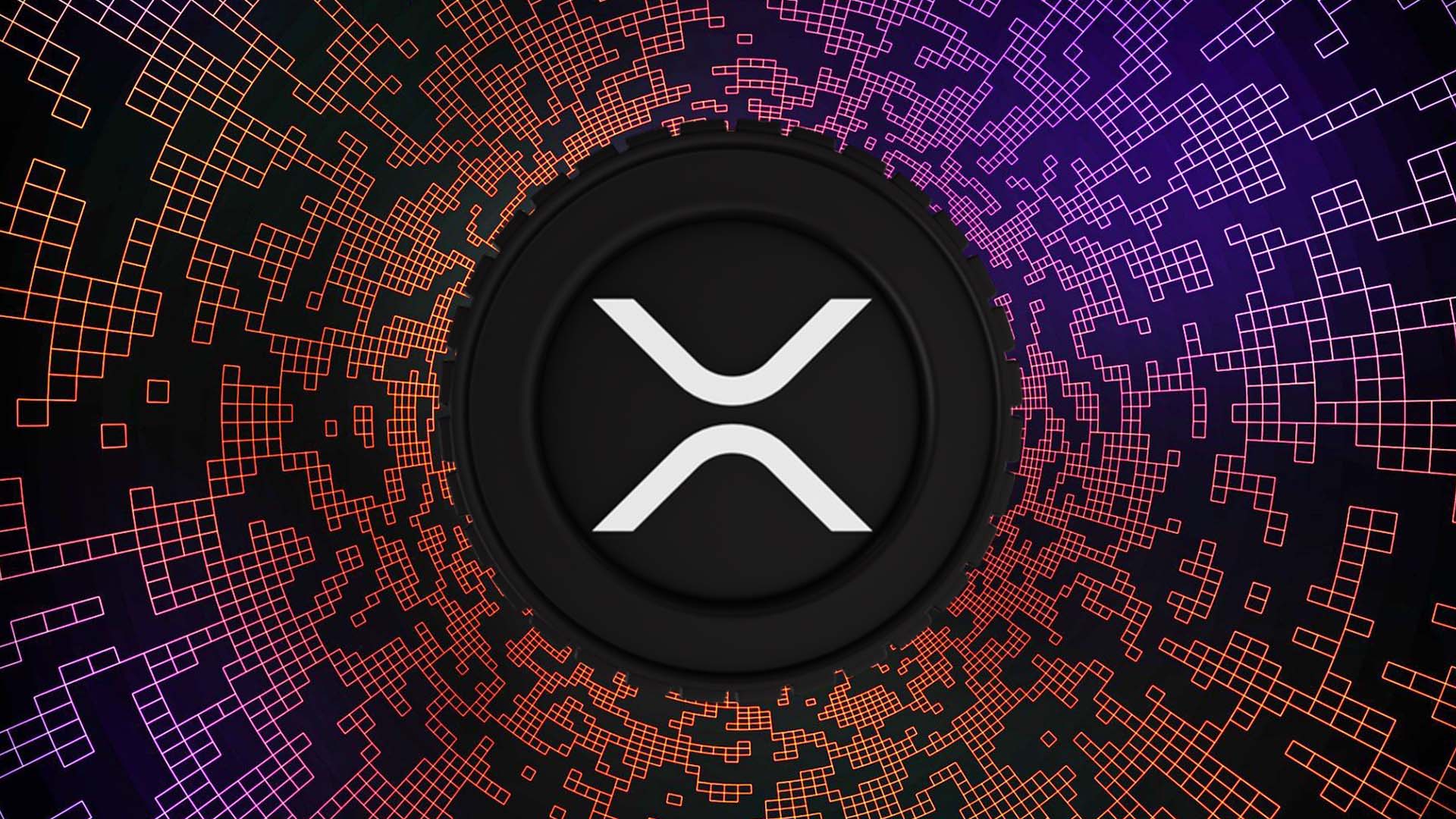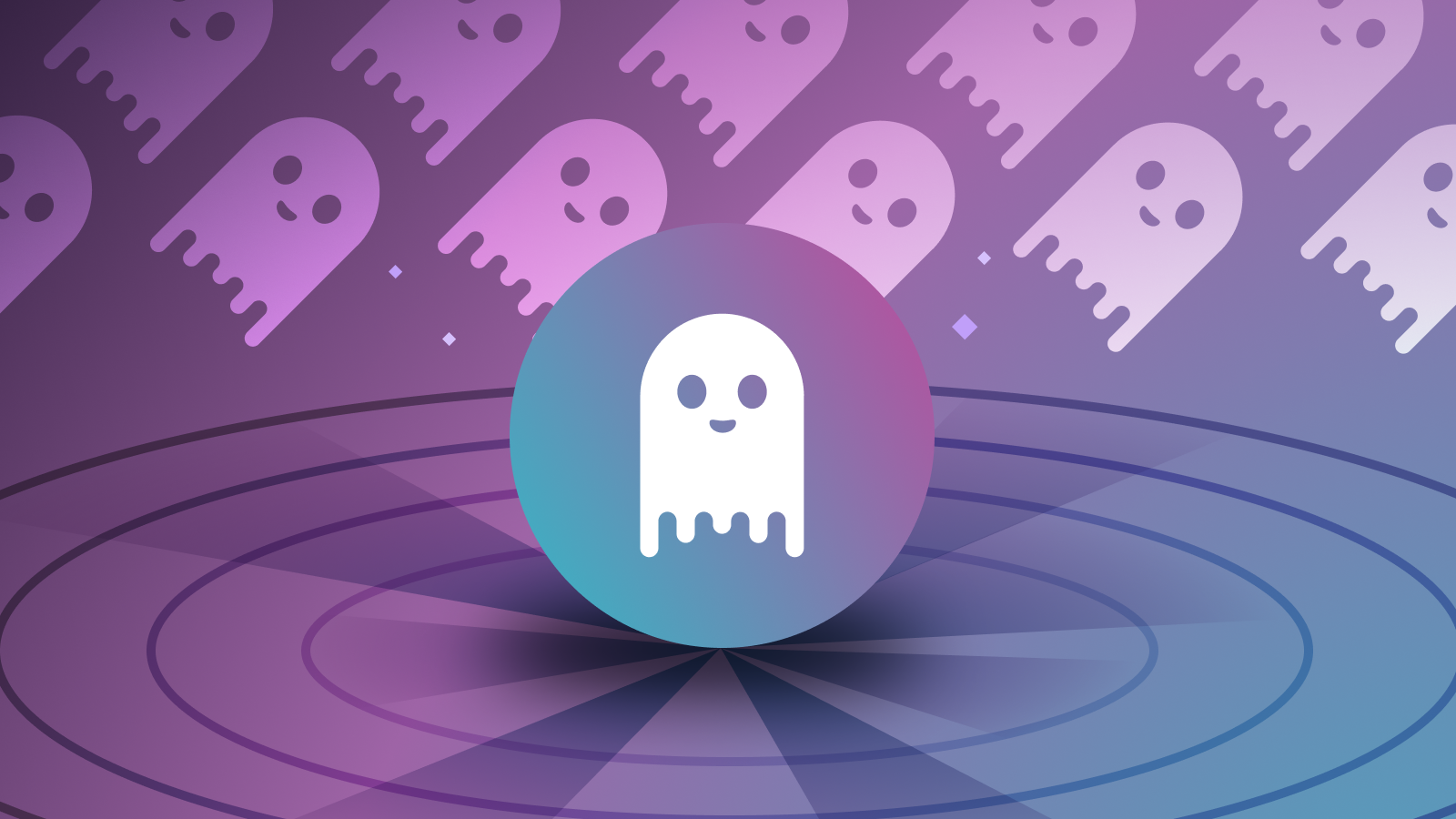|
Getting your Trinity Audio player ready...
|
In a major development for the XRP Ledger ecosystem, former Ripple CTO Stefan Thomas has breathed new life into Codius, the smart contract platform originally proposed in 2014. This open-source platform was created to support decentralized applications (dApps) with scalability and flexibility beyond what traditional blockchains offer, and now, with its revived version, it promises to bridge significant gaps in blockchain technology.
As XRP enthusiasts watch eagerly, Codius 2.0 could transform the XRPL into a powerhouse for high-speed, complex transactions while supporting Ripple’s larger vision for the “Internet of Value.”
Off-Chain Processing To Lighten The XRP Ledger’s Load
One of Codius’s standout features is its off-chain contract processing capability. This allows the platform to handle computational tasks outside the main XRP Ledger, lightening the network’s load without compromising transaction speed. By creating a peer-to-peer network to run applications independently of XRPL, Codius 2.0 ensures that XRPL maintains high throughput and avoids congestion during complex smart contract executions.
Through this off-chain processing model, Codius positions itself as a solution for developers who want to push the limits of dApps without straining XRP’s main blockchain, a critical improvement as the network scales. Moreover, Codius offers a built-in billing system for contract operations, allowing programs to fund themselves automatically. This adds a sustainable revenue model for hosts, providing the infrastructure for contract processing across the network.
Expanding XRP’s Use Cases with Cross-Chain Connectivity
One of Codius’s most anticipated features is its blockchain-agnostic architecture. Designed to operate across multiple blockchain networks, Codius allows developers to create dApps that can interact across blockchain ecosystems—a big advantage for businesses needing integration with traditional payment systems or cross-chain transactions. By encouraging interoperability, Codius aligns seamlessly with Ripple’s goal of facilitating a more interconnected financial world.
This cross-chain compatibility enhances XRP’s utility, making the XRP Ledger a key player in cross-industry and cross-chain transactions. This means not only more transaction flow but also increased appeal for developers who are now able to build dApps compatible with multiple blockchain platforms. Additionally, Codius supports common programming languages like Java and C++, opening the door to a larger developer pool and making it easier for talented programmers to contribute to the XRP ecosystem.
A New Era for XRP Ledger and the Blockchain Community
The revitalized Codius presents an opportunity for XRP to transcend its traditional role as a digital asset for quick payments. By enabling complex smart contracts, scalable off-chain processing, and blockchain interoperability, Codius positions the XRP Ledger as a versatile backbone in the internet economy. As it attracts a larger developer community, Codius could catalyze the next wave of dApps, spanning finance, gaming, supply chain, and beyond.
Also Read: XRP Breaks 7-Year Trendline – Analysts Predict 71,381% Surge As Key Indicators Flash Bullish
With XRPL’s capability for handling high transactions per second (TPS), Codius’s integration could mark a transformative moment for Ripple’s ecosystem. By reducing the computational strain on XRPL while allowing more sophisticated applications to thrive, the platform offers a sustainable and scalable model for the future.
As the world anticipates the official launch of Codius 2.0, it’s clear that this smart contract platform holds the potential to make XRP Ledger a central hub for digital transactions across diverse industries. This development isn’t just a boost for XRPL; it’s a step forward for the blockchain space as a whole, positioning XRP at a pivotal juncture in the push toward a truly interoperable digital economy.
Disclaimer: The information in this article is for general purposes only and does not constitute financial advice. The author’s views are personal and may not reflect the views of Chain Affairs. Before making any investment decisions, you should always conduct your own research. Chain Affairs is not responsible for any financial losses.
I’m your translator between the financial Old World and the new frontier of crypto. After a career demystifying economics and markets, I enjoy elucidating crypto – from investment risks to earth-shaking potential. Let’s explore!




